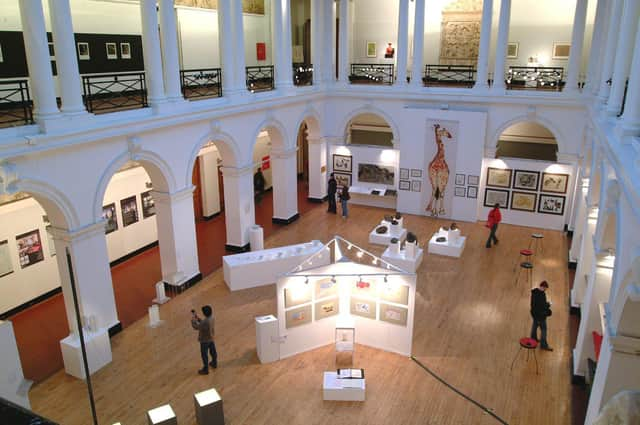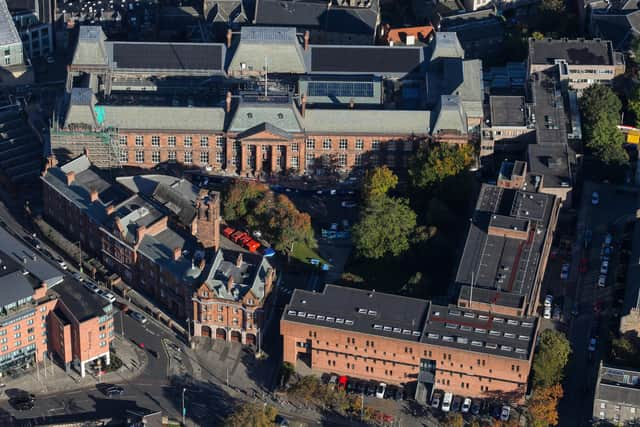Analysis: Why has the Edinburgh book festival moved location and what will it mean for other events?


On the last Monday in August, record audience numbers of more than 4.4 million were reported in the run-up to the final day fireworks finale.
Yet there was an unmistakable sense that month that all was not well in terms of the relationship between the city’s long-running cultural events and its citizens.
Advertisement
Hide AdAdvertisement
Hide AdComplaints about their annual expansion have been a constant in the 20 years I’ve been covering them.
But the festivals were becoming acutely aware of negativity and anger on social media about over-commercialisation of public spaces, congestion on roads and pavements, and the impact of “overtourism”.
However by the summer of 2019 it was the growing demands for action to tackle the climate emergency and an increasingly scrutiny on the festivals’ environmental impact that seemed to bring things to a head.
By this time last year, it was clear to me that change was in the air.
Julia Amour, director of Festivals Edinburgh, which oversees the running of these events, insisted “growth for growth’s sake is not our agenda” and that it was “obviously critical” to deal with concerns about sustainability.


Last February, the Fringe Society, announced it had made a “conscious decision” to refocus its marketing campaigns to persuade its “existing” audiences to see more shows.
That same month, the Edinburgh International Book Festival admitted it was “very concerned” about the declining condition of Charlotte Square Gardens, its home since the very first event in 1983 and that bad weather had made it “impossible” to carry out reinstatement work by then.
Advertisement
Hide AdAdvertisement
Hide AdFast forward 12 months and it is the book festival that has turned its promises into action first, with a surprise announcement of a permanent relocation to Edinburgh College of Art, from this August.
Director Nick Barley insists the impact of the pandemic, which forced it to go online-only last year and is still causing huge uncertainty over the return of live events in Scotland this year, which has been the key “driving force” of the move.
However the festival has made it clear the decision is part of a “long-term” agreement with Edinburgh University and will mean that the festival will be staged “in a more environmentally responsible way” in future.
On its own, the announcement looks like a clever solution to a looming crisis for the book festival in terms of both its entire infrastructure and its reputation.
But two factors suggest to me that its overhaul is likely to be only the beginning of a radical shake-up of how the city’s festivals and events look and feel, especially those held in parks and gardens.
Over the last year, technology has radically transformed how events are consumed and enjoyed. The days of having to come to Edinburgh to experience its festivals in a meaningful way feel like they are in the past.
The pandemic has also transformed public perceptions of outdoor spaces and how important they are to people living in towns and cities.
Advertisement
Hide AdAdvertisement
Hide AdThose charged with maintaining both their condition and public access are likely to have an increasing influence on how they are used in future – regardless of the popularity of the events that are staged in them.
A message from the Editor:
Thank you for reading this article. We're more reliant on your support than ever as the shift in consumer habits brought about by coronavirus impacts our advertisers.
If you haven't already, please consider supporting our trusted, fact-checked journalism by taking out a digital subscription.
Joy Yates
Editorial Director
Comments
Want to join the conversation? Please or to comment on this article.